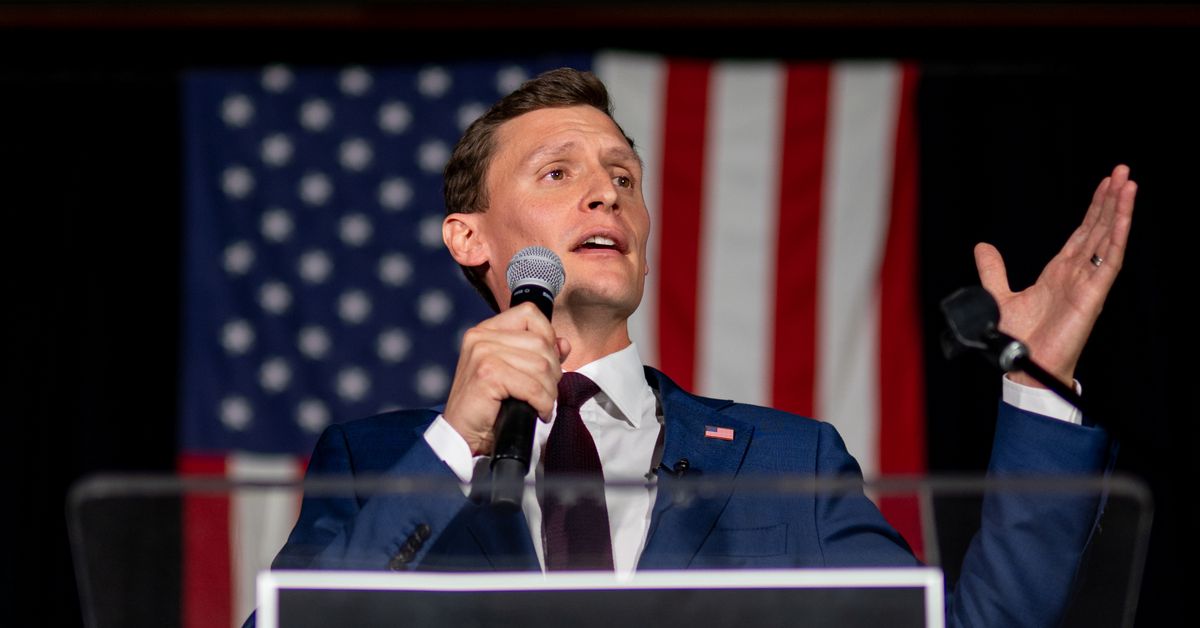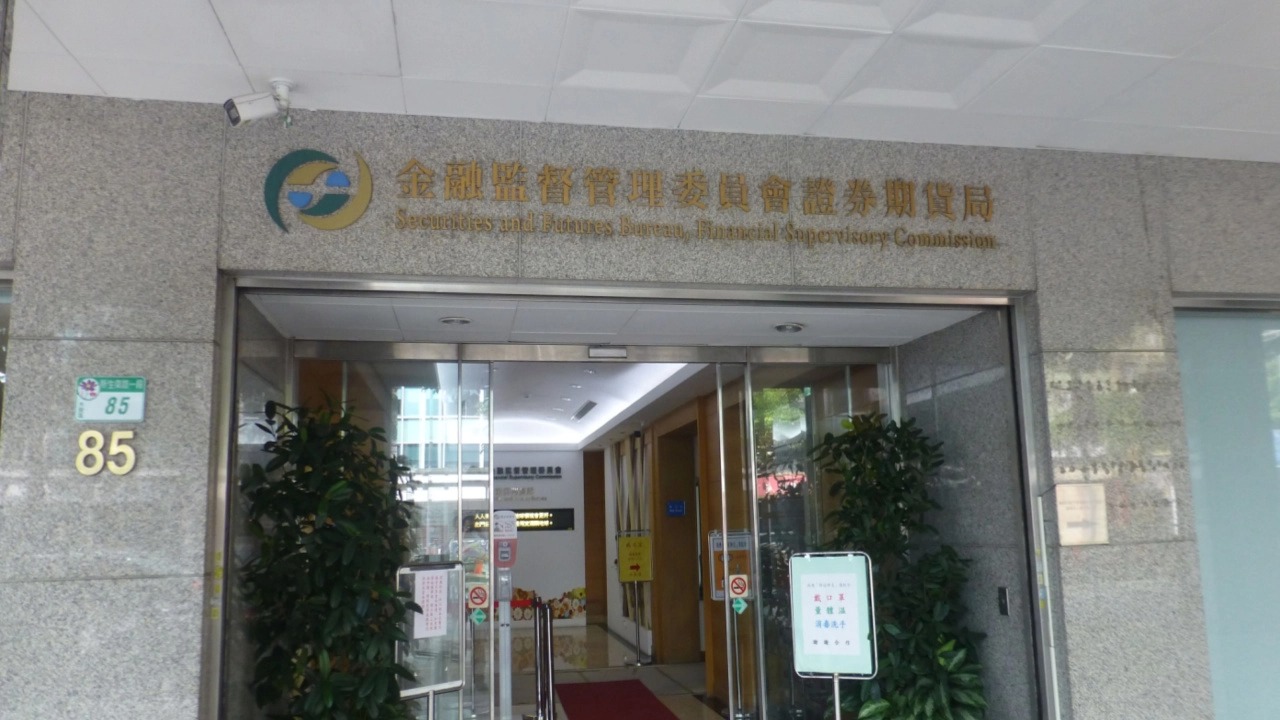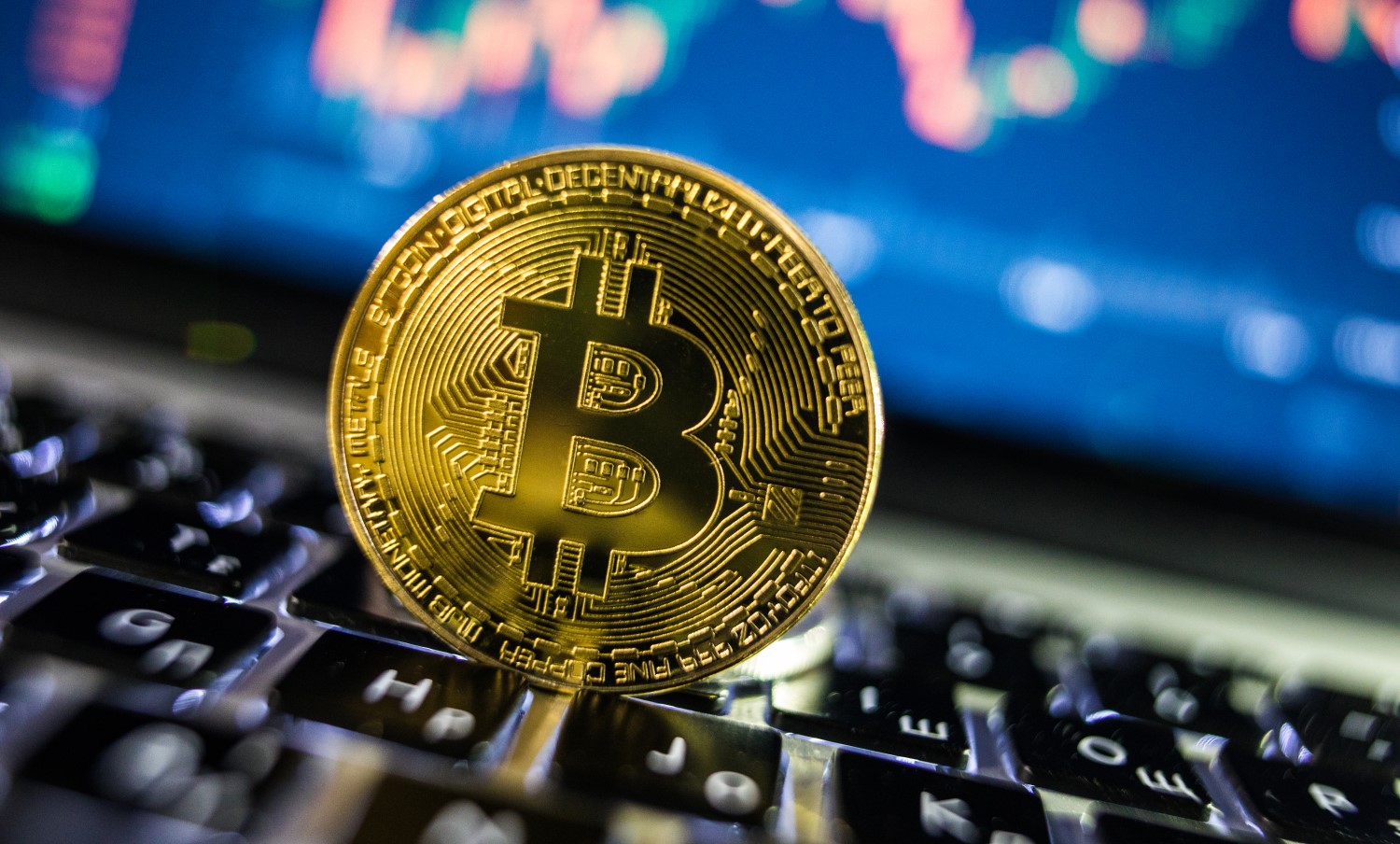
Freeway.io, a crypto rewards platform, claimed that it could offer up to 40% annual percentage return (APY), on Supercharger accounts. On October 22, a whistleblower named Fatman published a tweet warning people to withdraw their funds from the Freeway platform.
Fatman stated to that he believes they are running a Ponzi scheme. “It’s probable that Freeway will collapse in the next few months, and that all depositors lose everything,” said Fatman.
Freeway released an update the next day that stated it needed to reallocate funds to protect its portfolio from market fluctuations and volatility. It stated that operations would be stopped and could not comment on the matter further.
This news was met with intense speculation. claimed that some employees of the company were removed from their web portal. A web archive of the company’s site confirms that certain employee names were removed from the site sometime in September. Freeway’s Twitter account updated the public on the status of the company on October 25.
The team’s Twitter thread states that the language used was unclear. ‘The following is what we understand: Freeway’s trading strategy appears to have failed, and caused substantial losses due to market volatility. Freeway claims it saw two “converging factors” that led to the incident: a ‘unprecedented USD rally and crypto volatility.
The U.S. dollar rally is interesting. The U.S. dollar rally has been known since a long time. Financial media have well documented the so-called “unprecedented” rise. The U.S. Dollar has been rising for six months now and crypto volatility has been very low in comparison to other global assets.
Further Freeway stated the Ardu Prime Brokerage was responsible for the failure. maintains the trading strategy was executed according to its program, but market volatility led to a spike of margin utilisation which resulted in the loss.
Freeway, a crypto rewards company, has been added:
The trading loss has severely impacted Freeway’s portfolio. However, we have been made aware of these losses and are now taking steps to protect Freeway’s remaining funds. We have also moved out of the loss-producing strategies.
Supercharger Buybacks Will Not Resume Until The Firm Is “in a Place to Execute Safely,” Freeway Doesn’t Know How Long It Will Take To Resume Operations
Freeway explained that there were four recovery plans in place and one plan to allocate funding for a completely new product with high projected profitability. The company ended the Twitter thread by stating that it will take time to implement the recovery plans before Supercharger operations can resume.
Freeway stated that in order to resume Supercharger purchase-backs, we must be able to execute safely. “We must make significant progress in reducing losses before this can happen. That will take time. Freeway’s Twitter thread has been locked. Only people Freeway mentions in the @ can reply to the company update.
The Twitter thread by the Freeway team concludes
Your next question will be about the time involved. This is a question we don’t have an answer to right now.
The native crypto asset of Freeway, freeway (FWT), has fallen close to 80% against U.S. dollars over the past seven days. FWT saw some gains over the past 24 hours and rose from $0.00114042 to $0.00147076 per unit.




